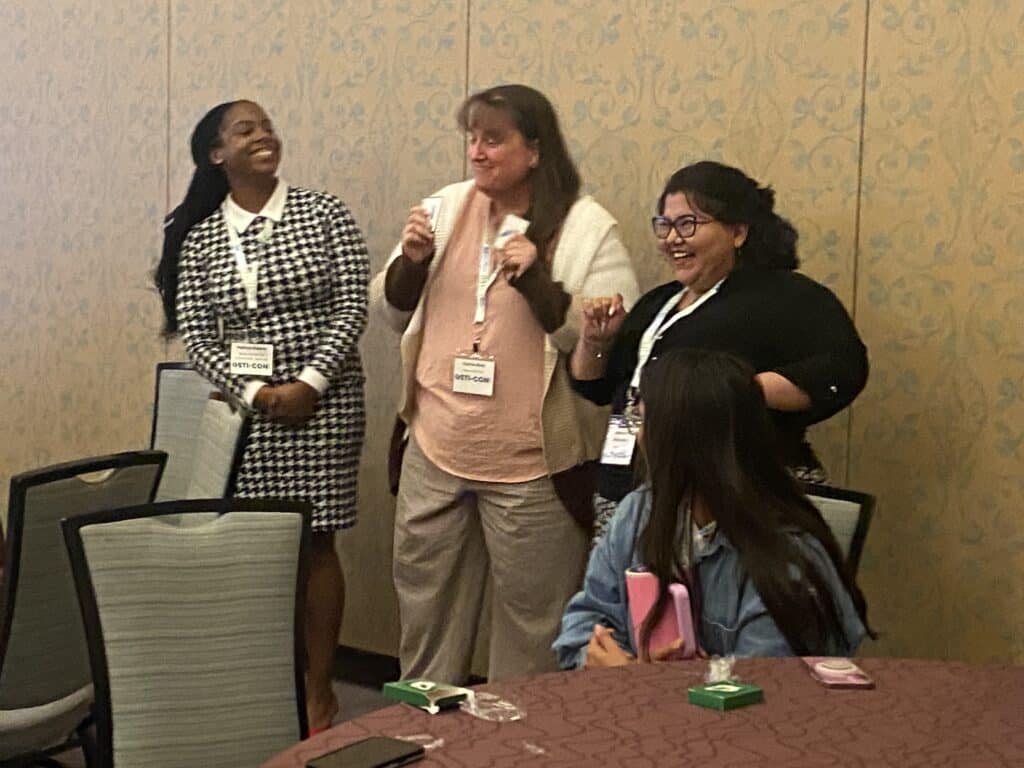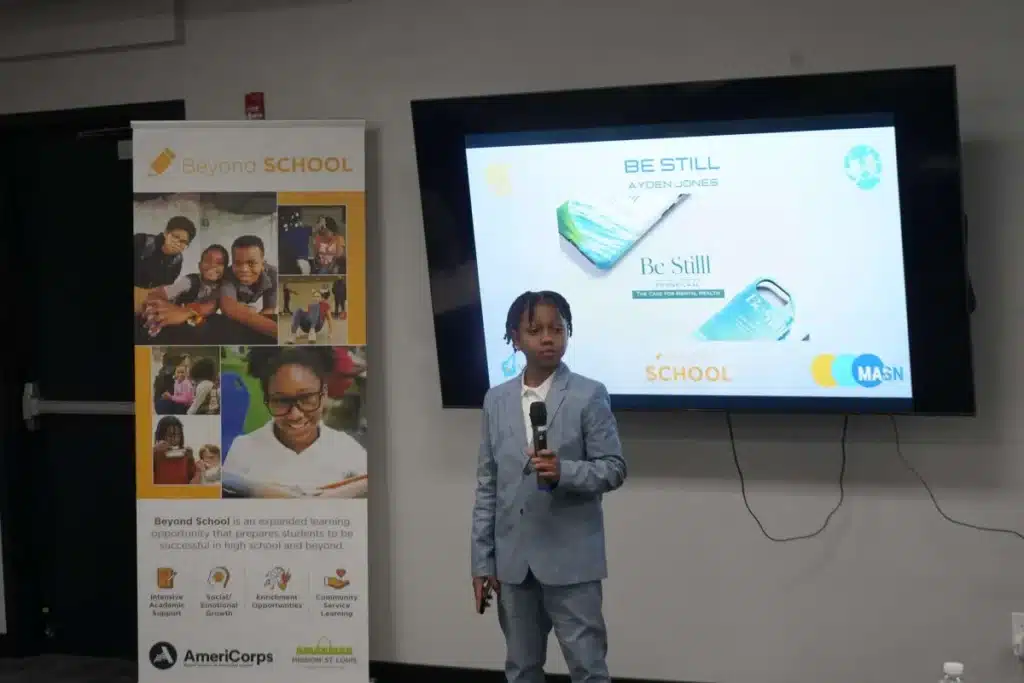The choices girls make in their academic lives will have profound effects on their careers. This is true of everyone, of course, but for girls with a talent for the sciences and who become disenchanted with the field because they see little opportunity for them, their academic years can, in a way, make or break them.
The academic losses of K-16 education compound when girls enter the workforce and look for careers in technology, especially concerning technology careers that offer leadership and entrepreneurial opportunities. Only 3% of CEOs at cutting-edge technology companies are women. In Silicon Valley today, only about 5% of companies are started by women.
Consider venture capital (VC), those investment funds to seed early stage companies that are riskier than established companies, but that have a huge potential return. Women are partners at only 4% of the nation’s venture capital firms, making access to capital difficult. Only a small percentage of venture capital goes to woman-led firms.

What happened with engineering? Where are the young women now who we thought would have chosen to pursue engineering? Some of these women did pursue engineering, but then they dropped out of the profession at rates four times that of the men in their cohorts.
Despite notable achievements by women, prejudices and preconceptions remain for them. In 2014, an Iranian, Maryann Mirzakhani, while working at Stanford University in California, became the first woman ever to be honored with the Fields Medal, the most prestigious award in mathematics, the equivalent of the Nobel Prize, for her work on the symmetry of curved surfaces. But within a year of this remarkable news, a survey by Accenture found that more than half of 12-year-old girls in the United Kingdom and Ireland believed that STEM subjects were too difficult to learn. And why wouldn’t they think so? Over half of teachers and parents continued to believe that STEM subjects and careers were better suited to male personalities, hobbies and brains, according to Accenture research.
Wherever you turn, there is evidence of the wall that confronts women who dare to venture forth in STEAM.
I’d love to hear from you before that: what have you noticed among the girls in your life who have shown an aptitude for STEAM subjects? Are they being encouraged or discouraged from pursuing their interests? Thank you for sharing.




